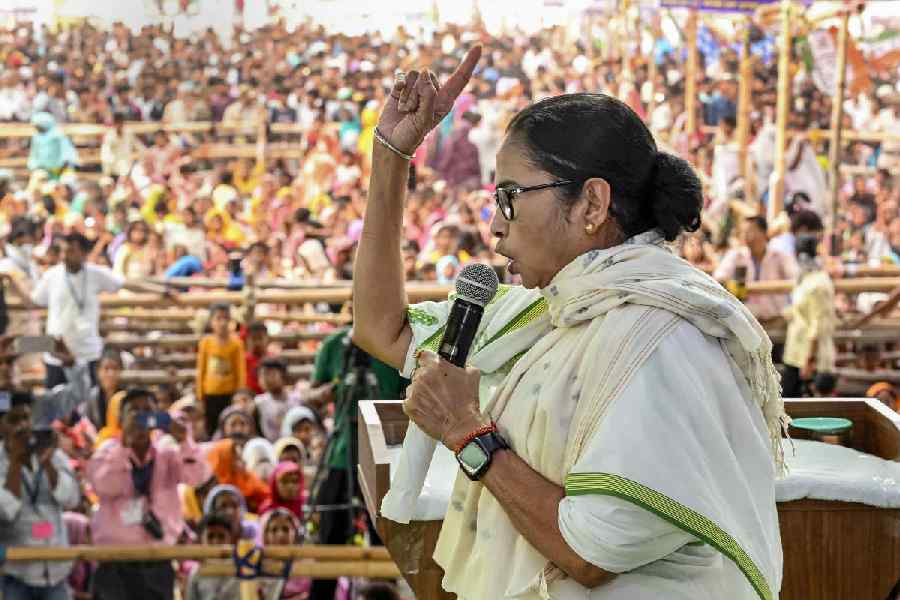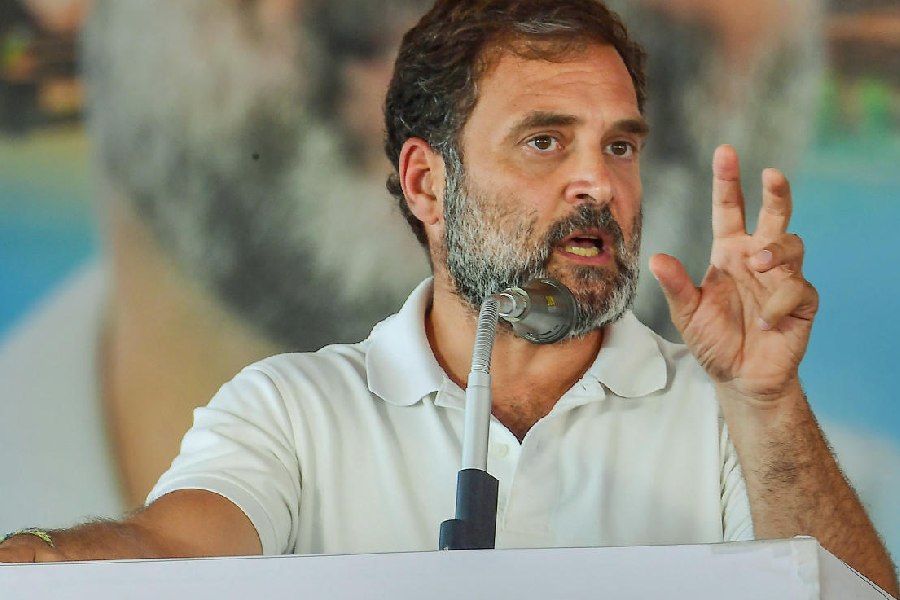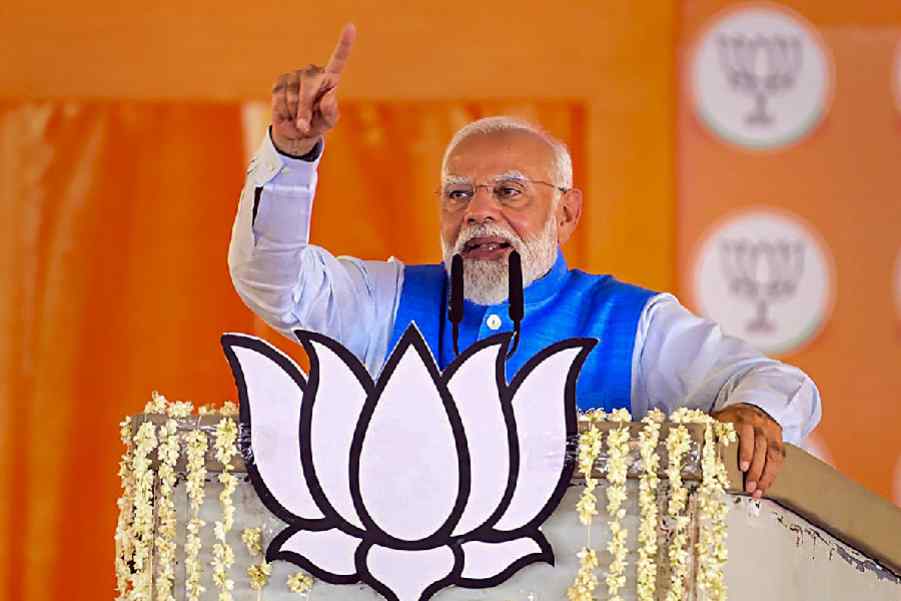Missed call
Sir — With the menace of spam and marketing calls having risen exponentially, most people are reluctant to accept calls from unknown numbers. But this can also lead to missed opportunities. The young English spinner, Shoaib Bashir, recently ignored a call from England’s Test coach and former New Zealand cricketer, Brendon McCullum, thinking that it was from someone random. This could have cost Bashir dearly had McCullum not decided to reach out to him on WhatsApp when his calls went unanswered. Bashir seems to epitomise Gen Z’s reluctance to answer phone calls and communicate over text messages instead.
Sandeep Mallick, Calcutta
Empty stomachs
Sir — The 2023 report on food security and nutrition released this week by five United Nations agencies states that 74.1% of the Indian population — more than one billion people — could not afford a healthy diet in 2021 (“3 of 4 Indians underfed: UN”, Dec 15). The most recent edition of the Global Hunger Index, too, painted an alarming picture — India was ranked 111th out of 125 countries.
The Indian government, predictably, is outraged by these revelations. It claims that these statistics have been extrapolated from a small sample survey, providing the wrong conclusion and reeking of “obvious bias”. But such protestations are disingenuous. Does the government itself not provide free rations to an estimated 80 crore people? This figure too is based on data derived from the 2011 census. Since then, the Covid-19 pandemic and rampant unemployment have pushed more people into poverty.
Jang Bahadur Singh, Jamshedpur
Sir — It is disturbing to read that three out of almost every four Indians are underfed, especially ten years into the rule of a government which has raised a hue and cry about its achievements in the uplift of the poor. Many of the social ills affecting India today are largely the result of the current dispensation prioritising the consolidation of its vote bank along religious lines instead of working for people’s welfare. As a result, child malnourishment — among girls in particular — is still a problem in India.
Asim Boral, Calcutta
Unfair ban
Sir — In one of his first announcements after assuming office, the newly-elected chief minister of Madhya Pradesh, Mohan Yadav, banned the open sale of meat and eggs (“New CM, same telling targets”, Dec 15). Such regressive diktats have become commonplace in India — the prohibition of late-night classes for girls at private coaching institutes in Uttar Pradesh is an example. It is disheartening that Indians are increasingly losing their personal freedoms.
Shovon Sen, Howrah
Electoral equations
Sir — The analysis of voting patterns in the recent assembly elections by Prabhat Patnaik in his article, “A different take” (Dec 14), is interesting. The drastic fall in seat shares for the Congress in spite of only a marginal reduction in the vote share can perhaps be explained by its paucity of financial resources to fight elections. The Bharatiya Janata Party’s prosperity allows its campaigns to overcome even strong anti-incumbency sentiments such as in Madhya Pradesh.
Subhash Das, Calcutta
Sir — Prabhat Patnaik writes about all majoritarian governments trying to gradually marginalise the Opposition. In India, such marginalisation can be seen in the results of the recent assembly polls. Patnaik finds solace in the fact that the Congress still garnered 40% of the votes polled and that the BJP is unlikely to gain a vote share larger than its current tally. But these expectations are unrealistic: vote shares are no guarantee of increased seat tallies.
Sukhendu Bhattacharjee, Hooghly










